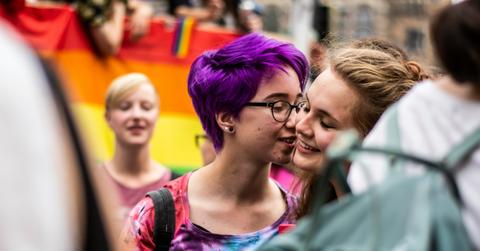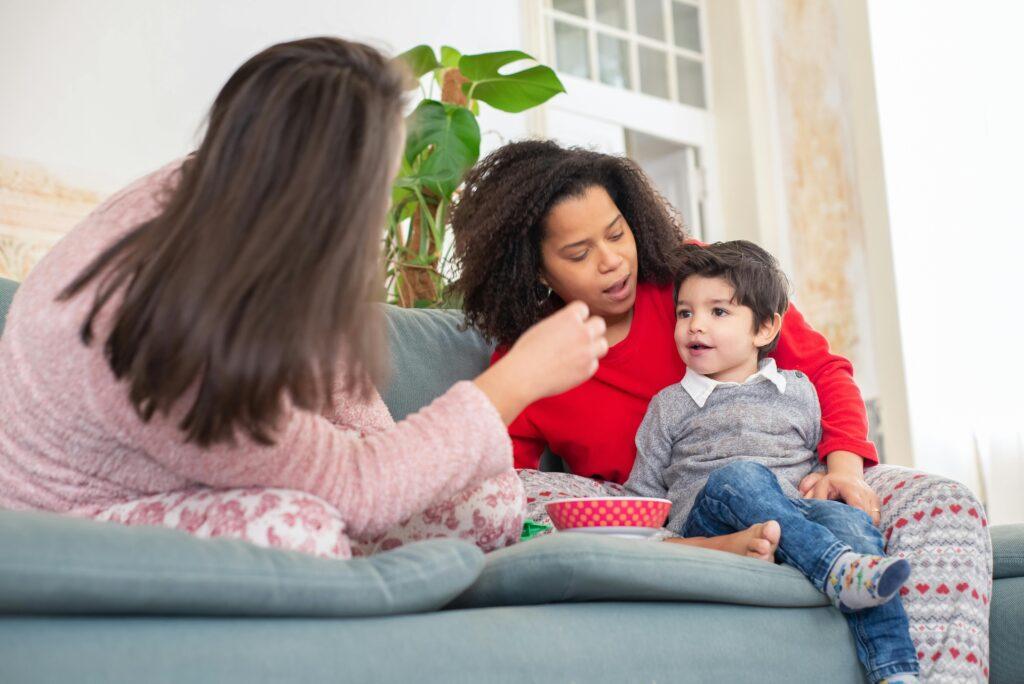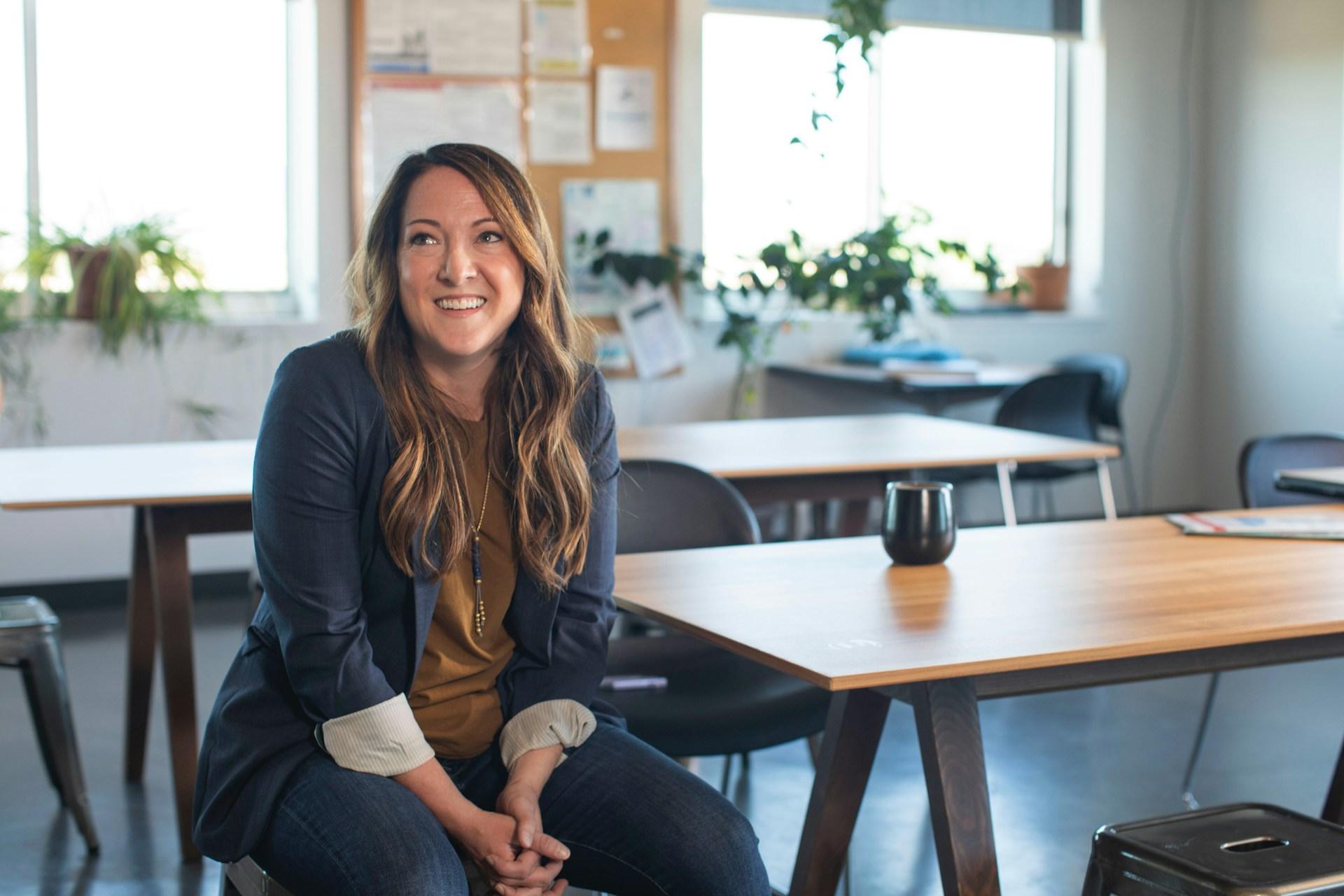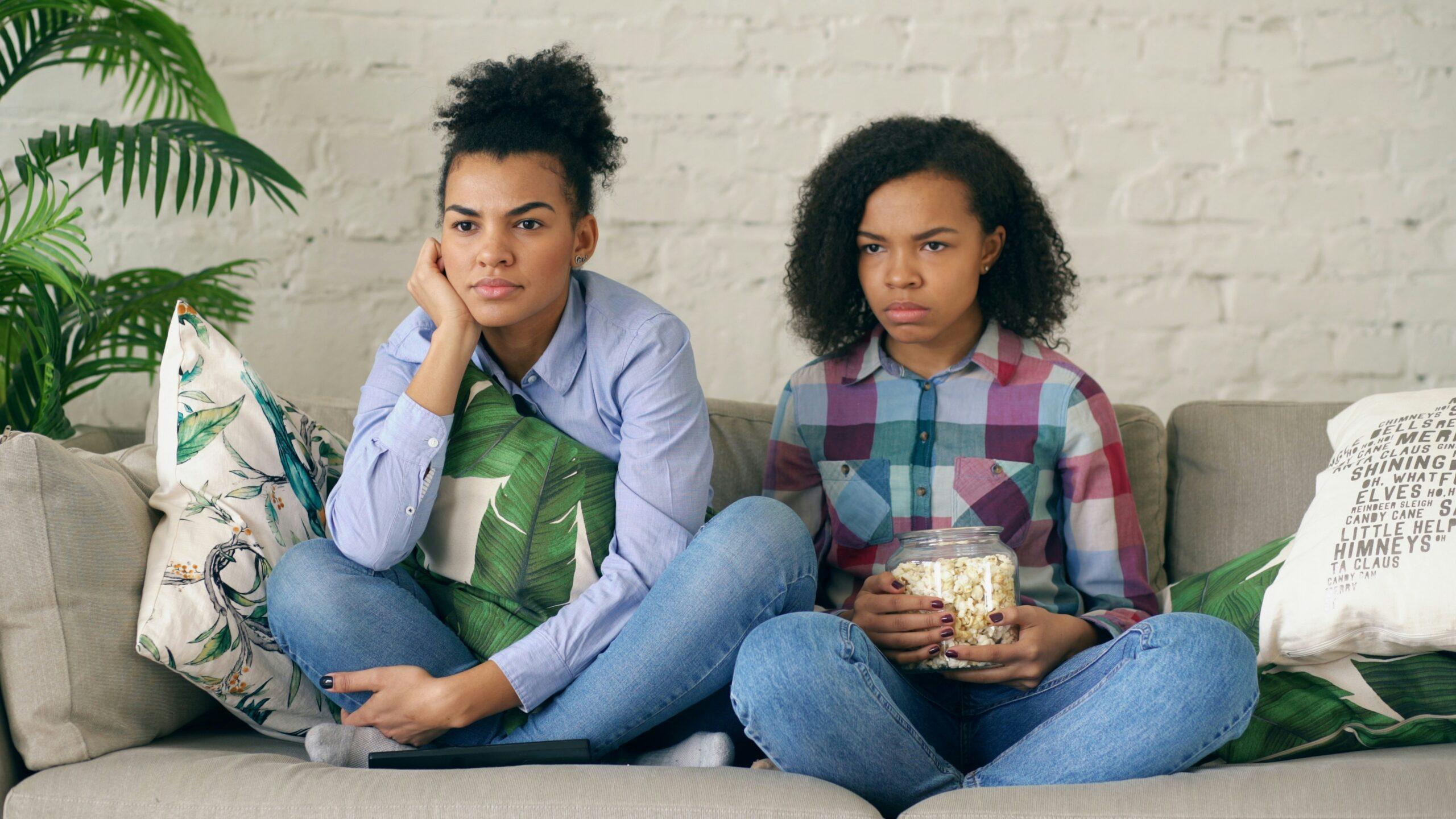Ten Years On: Empowering LGBTQ+ Women Post-Obergefell

This June, it will be 10 years since the landmark Supreme Court case Obergefell v. Hodges transformed the social and legal landscape of the United States by legalizing same-sex marriage nationwide.
This groundbreaking decision not only affirmed the rights and dignity of LGBTQ+ individuals but also opened new avenues for them to enhance their personal and economic well-being. Obergefell was decided based on the concept that marriage is a fundamental liberty safeguarded in the Constitution, and that many other principles, your home, wealth, children, and more are built around it.
Ten years later, we delve into the profound impact of this ruling on LGBTQ+ women, examining how they have leveraged these newfound legal rights to build wealth, establish families, and gain social and political power in the years following this pivotal decision, and what challenges are still ongoing despite marriage equality.

Ten Years Of Economic Security
The economic impact of marriage equality has been significant, particularly in reducing legal complexities related to property and asset management for married couples. With the recognition of same-sex marriages, LGBTQ+ women have gained access to spousal benefits such as health insurance, social security, and tax advantages, contributing to greater financial stability.
This newly-afforded economic security has, in turn, supported career advancements by providing a stable foundation for LGBTQ+ women to pursue professional opportunities. The increased stability and legitimacy of their relationships have empowered them to navigate the workplace with greater confidence, leading many to break through glass ceilings and become leaders in their fields, thereby promoting diversity and inclusion across various industries.

Thanks to the Supreme Court’s decision, many LGBTQ+ women have found it easier to build their families. With marriage equality, adopting children as a married couple has become more straightforward, giving LGBTQ+ women the opportunity to pursue parenthood without facing the barriers they once did.
An Increase In Access To Resources
They’ve also gained access to more resources and support, helping them navigate the challenges of raising kids. This change has supported a rich diversity in family structures, where both traditional and chosen families are legally recognized and celebrated. Celebrities like Wanda Sykes, Melissa Etheridge, and Rosie O’Donnell showcase how LGBTQ+ women are embracing parenthood and creating loving, supportive homes.
The ruling in Obergefell v. Hodges has also sparked a rise in social and political power for LGBTQ+ women by enhancing their visibility and acceptance. We’ve witnessed a notable growth in representation across media, politics, and leadership positions, with shows like “Grey’s Anatomy” and “Winona Earp” featuring strong queer characters who resonate with audiences, fleshed out to include love interests and marriages.
Influential millennial and Gen Z LGBTQ+ women, such as Hayley Kiyoko, Lena Waithe, and Janelle Monae, are leading the charge for equal rights. This increased presence has not only bolstered the community but also strengthened the larger LGBTQ+ rights movements, as these women continue to lead the charge for justice and equality on a broader scale. Their efforts help ensure that the momentum gained from marriage equality extends into all aspects of life, promoting a more inclusive society.
The Challenges Persist
Despite the significant strides made since the legalization of same-sex marriage, ongoing challenges persist for LGBTQ+ women. Discrimination and inequalities are still prevalent, as many continue to face bigotry in their daily lives, such as workplace discrimination or refusal of services, highlighting that legal recognition is just one step in a much larger journey toward true equality.
With the fall of Roe v Wade, many people in the current political climate, including Jim Obergefell himself, are concerned about the stability of marriage equality. Forming alliances between lesbian, bisexual, transgender, and non-binary communities could strengthen advocacy efforts, creating a united front that drives comprehensive change and works to preserve and expand LGBTQ+ rights.






